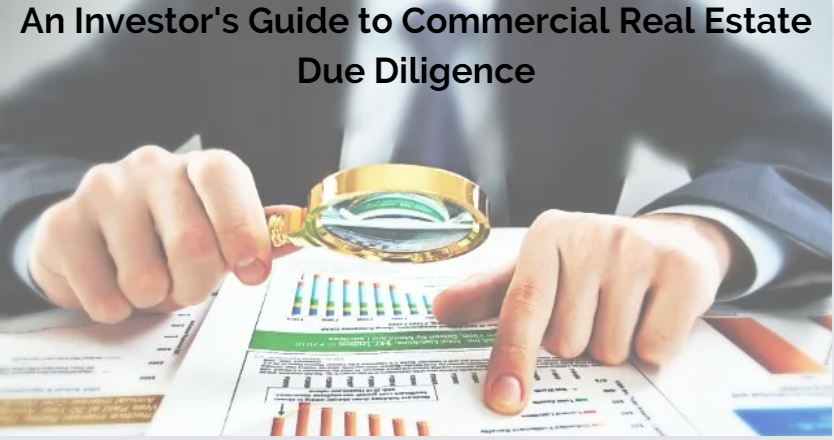Real Estate Due Diligence:
Real estate due diligence is essential for determining the profitability of a property.
Investors complete due diligence to confirm the facts and details of the property.
Types of Real Estate Due Diligence:
There are various categories of real estate due diligence, including analyzing the location and understanding contracts.
Other categories include estimating after-repair value, conducting property inspections, and reviewing financial and legal matters.
Analyzing the Location as Part of Due Diligence:
The crime rate, population and business growth, school ratings, and occupancy rate are important factors to consider when analyzing the location.
High crime rates, low population growth, poor school ratings, and high inventory can negatively impact the profitability of a rental property.
Estimating After Repair Value (ARV):
Knowing the ARV is crucial in determining the success of a property.
Investors can calculate the ARV by adding the purchase price and value-added through renovation and subtracting the estimated repair cost.
The ARV can also help determine the maximum purchase target and loan amount.
The Importance of a Pro Forma Report:
A pro forma report provides rental income and expense history, which is vital for investors.
Net operating income from the pro forma report is used in calculations like cap rate, cash-on-cash return, and ROI.
Investors should verify the accuracy of the pro forma report to avoid making detrimental investment decisions.
Dangers of Pro Forma Reports:
Pro forma reports provided by sellers may contain inflated values or missing expenses.
Investors should research the local market to verify vacancy rates and be cautious of optimistic appreciation assumptions.
Estimating Renovation Costs:
Knowing the neighborhood, touring the property, noting problem areas, organizing repairs into categories, and determining rehab costs are steps to estimate renovation costs.
Investors should ensure that renovations align with the neighborhood and projected rental rates.
Breaking repairs into categories and collaborating with contractors can provide rough estimates of materials and labor costs.
Understanding Contracts and Sales Timelines:
Understanding the timeline is essential during the due diligence process.
Residential property sales contracts typically have a 30-day window to close, while multi-family properties have a 60-day window.
Investors should use the limited time wisely and negotiate an extended inspection period if needed.
Completing Property Inspections:
Thoroughly inspecting the property helps investors understand its condition.
Inspecting the overall physical condition, checking for hazardous substances, verifying square footage, and evaluating major systems are important steps.
Specialized inspections for lead, asbestos, radon, and termites may also be necessary.
Termites and Environmental Surveys:
Termites can cause significant damage and should be promptly addressed.
An environmental survey may be necessary for multi-family or commercial properties.
Financial Due Diligence:
Investors should review financial documents carefully.
Important documents include the rent roll, T-12 operating statement, delinquency report, and list of capital improvements.
Reviewing Existing Leases:
Investors should examine lease details such as lease type, rental rate, security deposit, late fees, pet policies, utility information, and addendums.
Understanding the terms of existing leases is crucial for planning necessary actions.
Verifying Legal Matters:
Consulting a legal professional is advisable for checking legal matters.
Examples of legal considerations include HOA restrictions, property use restrictions, and title and tax searches.

